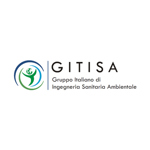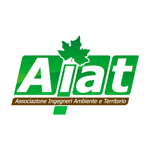
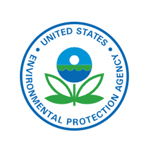
The Environmental Protection Agency is an independent executive agency of the United States federal government tasked with environmental protection matters. The EPA has its headquarters in Washington, D.C., regional offices for each of the agency's ten regions, and 27 laboratories. The agency conducts environmental assessment, research, and education. It has the responsibility of maintaining and enforcing national standards under a variety of environmental laws, in consultation with state, tribal, and local governments. It delegates some permitting, monitoring, and enforcement responsibility to U.S. states and the federally recognized tribes. EPA enforcement powers include fines, sanctions, and other measures. The agency also works with industries and all levels of government in a wide variety of voluntary pollution prevention programs and energy conservation efforts.
WEBSITE
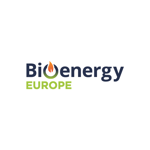
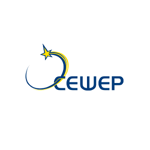
CEWEP, Confederation of European Waste-to-Energy Plants, is the umbrella association of the operators of Waste-to-Energy (incineration with energy recovery) plants, representing about 410 plants from 24 countries. They make up more than 80% of the Waste-to-Energy capacity in Europe. CEWEP members are committed to ensuring high environmental standards, achieving low emissions and maintaining state of the art energy production from remaining waste that cannot be recycled in a sustainable way. CEWEP organises plant visits, congresses, workshops and debates, often in the European Parliament, in order to inform decision makers and the public about Waste-to-Energy. It provides the public with information on emission levels, energy efficiency, on the technology of Waste-to-Energy incineration and the plants’ contribution to climate protection in order to raise citizens’ awareness of the role Waste-to-Energy plays in sustainable resource management.
WEBSITE
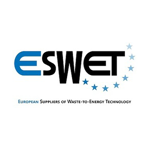
ESWET (European Suppliers of Waste-to-Energy Technology) is a European association representing manufacturers in the field of Waste-to-Energy Technology. The association’s mission is to raise awareness of the positive implications of Waste-to-Energy technology, such as sustainable waste management, clean and reliable energy, as well as environmental protection. In addition, ESWET fosters the development and dissemination of Waste-to-Energy technology at the European level. ESWET members’ research and innovation are at the heart of most of Waste-to-Energy plants in Europe and across the world.
WEBSITE
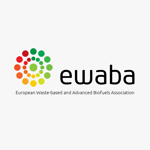
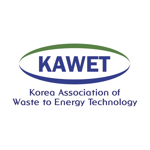
KAWET - Korea Association of Waste to Energy Technology is the non-profit organization established in 1997 under the Korea Ministry of Environment for the purpose of exchanging information on waste-to-energy technologies and promoting technology development and environmental preservation through collaboration between experts in the field. Read more about the association's activities on the brochure.
WEBSITE
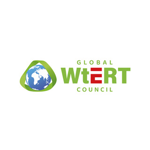

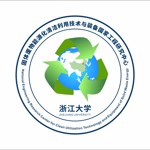
The National Engineering Research Center for Clean Utilization Technology and Equipment of Solid Waste Energy (NERCWTE) was founded in 2017 by Chinese National Development and Reform Commission in order to meet the urgent needs of waste treatment and disposal. The center is organized by Zhejiang University and cooperates with Chinese major companies in this area. The mission of the center is to develop technologies and equipment of waste clean utilization and provide technical supports for the industries. The main research fields include Waste-to-Energy technologies, advanced flue gas cleaning technologies, dioxin controlling and heavy metal stabilization, safe disposal of fly ash, and so on. The director of the center is Prof. Jianhua Yan of Zhejiang University.
WEBSITE
